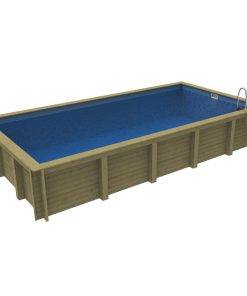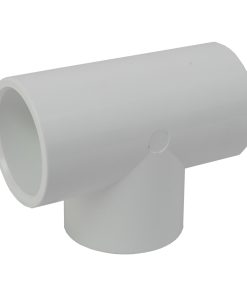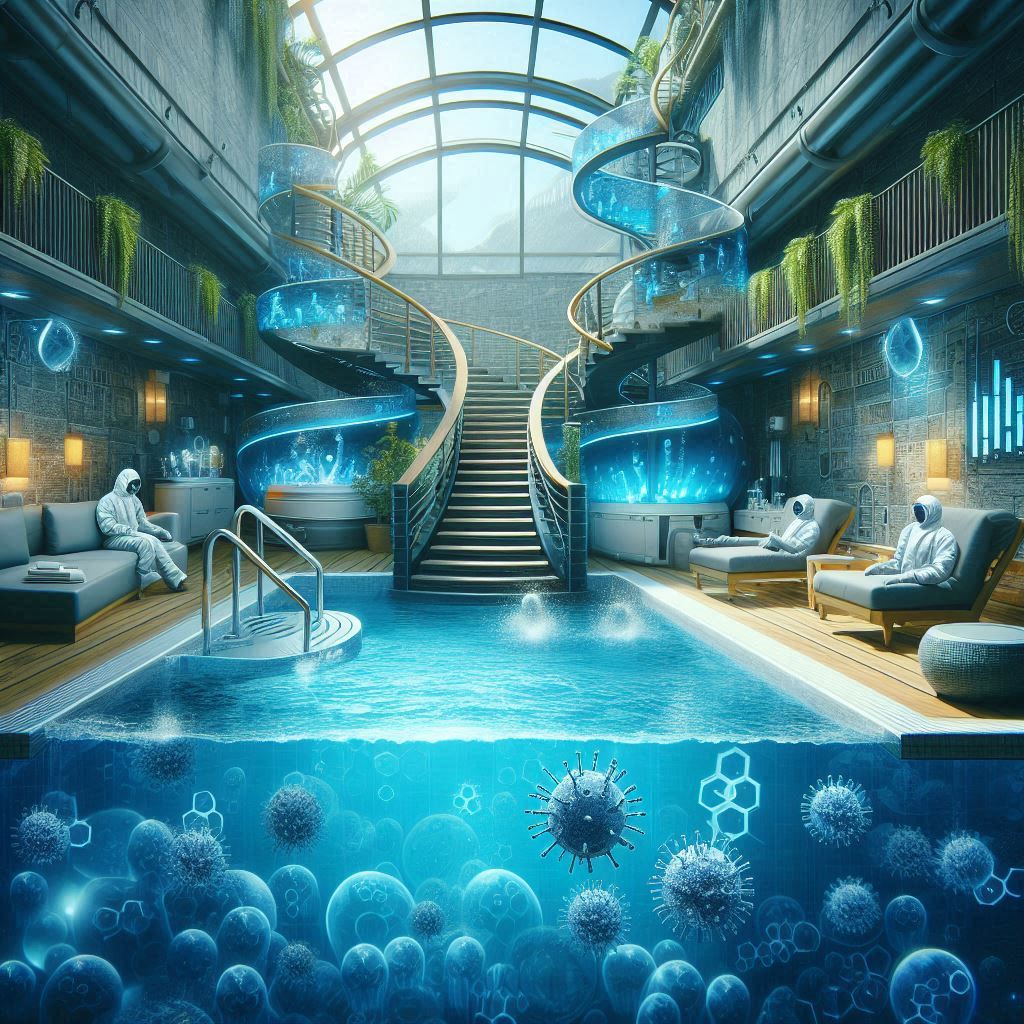Hottub, Swimming Pool
The Impact of Spa Pool Design on Safety and Maintenance
The Impact of Spa Pool Design on Safety and Maintenance
The design elements of a spa pool determine both its safety features and its maintenance requirements. A properly designed system reduces safety hazards and provides extended operational capability. The following design elements will improve your spa pool’s operational safety and performance.
Key Features of Safe Spa Pool Design
Proper Circulation: Ensure no dead spots where water stagnates.
Design all accessible components to enable simple cleaning of filters and jets and pipework.
Material Selection: Use smooth, non-porous materials to prevent microbial growth.
Considerations for Maintenance
Spa pools that have simple maintenance designs reduce both operational costs and maintenance time.
The inclusion of a balance tank should be part of deck-level overflow system designs.
The design of pipework should be structured to reduce biofilm accumulation.
Automated dosing systems should be incorporated into the design to maintain consistent water treatment.
FAQs About Spa Pool Design
Q: What is the importance of a balance tank?
A: A balance tank functions to preserve water levels when the spa is in use while providing proper water circulation and filtration.
Q: Do design problems create additional microbial threats?
A: Yes. The combination of inadequate circulation with hard-to-reach components creates conditions that promote biofilm development and increase the risk of contamination.
Plan for Safety and Efficiency
A spa pool with proper design features will provide safe operation and simple maintenance along with reduced operational expenses throughout its lifespan. Work with experts to achieve system optimization.


















